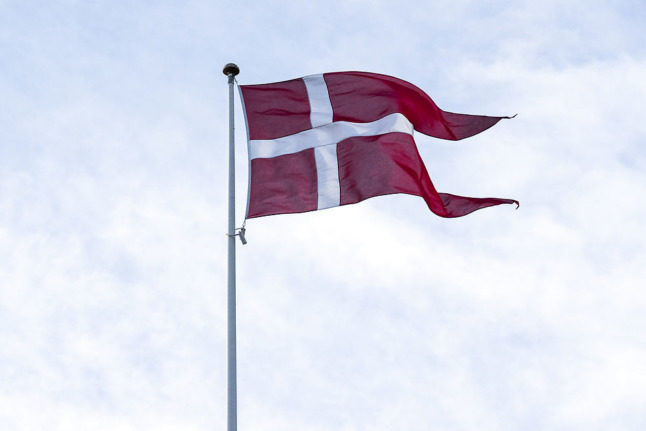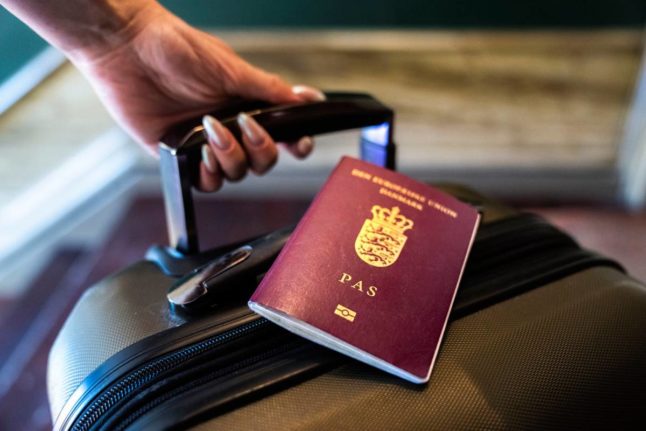According to the government, which introduced the new questions with the backing of parliament earlier this year, the additional questions do not make the citizenship test harder.
Candidates taking the Danish citizenship test on Wednesday become the first to take the exam in its new format.
READ ALSO:
- What do future citizens of Denmark think ‘Danish values’ are?
- Citizenship: Foreigners in Denmark could face interviews to test ‘Danish values’
Since 2015, the Danish citizenship test (indfødsretsprøven), held twice annually, has consisted of 40 multiple choice questions on Danish culture, history and society. The pass mark on the test is 32/40.
With the extra questions on Danish values now added to the test, the pass mark becomes 36/45. Additionally, at least 4 of the 5 Danish values questions must be answered correctly.
A few – but not many – exemptions apply meaning some people do not have to take the citizenship test. This includes children under 12 or people from Norway or Sweden, or people from the Danish minority in German region Schleswig-Holstein.
But this means adults who have lived their entire lives in Denmark, but are not Danish citizens because their parents aren’t Danish, are required to take the test and prove they have adopted Danish values if they want to become citizens and thereby have the right to vote in elections and the other rights conferred by citizenship.
The Danish values questions can revolve around topics including free speech, gender equality and the relationship between law and religion.
The test – which has a maximum time of 45 minutes – will be taken by 3,438 persons on Thursday, according to official figures. The time limit has not been increased from earlier tests, despite the extra questions.
The new test was voted through parliament by the Social Democratic government in April this year with the support of conservative parties, rather than its usual allies on the left wing.
The spokesperson for citizenship with the left-wing party Red Green Alliance (Enhedslisten), Peder Hvelplund, called the new questions “odd” in comments given to broadcaster DR.
“I can easily find Danes who also are members of parliament whom I absolutely do not share values with. That makes neither their nor my values something that isn’t Danish. They’re just different,” Hvelplund told DR.
The government’s citizenship spokesperson Lars Aslan Rasmussen rejected the argument that the Danish values in the test are subjective.
Rasmussen said the test should fulfil the function of showing the applicant understands the society of which they would like to be a part.
“I actually think it’s very simple. Should girls be allowed to do the same things as boys, does Denmark have the death sentence? These are very simple questions which I think you should be able to answer if you live in Denmark,” he told DR.
He also noted that the test should not be passable by “answering questions you’ve revised from a booklet”.
The Danish citizenship test is held twice yearly, normally at the end of June and the end of November. The November 2021 tests are the first with the new questions.
People who passed the old version of the test will not be required to retake it in order to apply for citizenship.



 Please whitelist us to continue reading.
Please whitelist us to continue reading.
Member comments